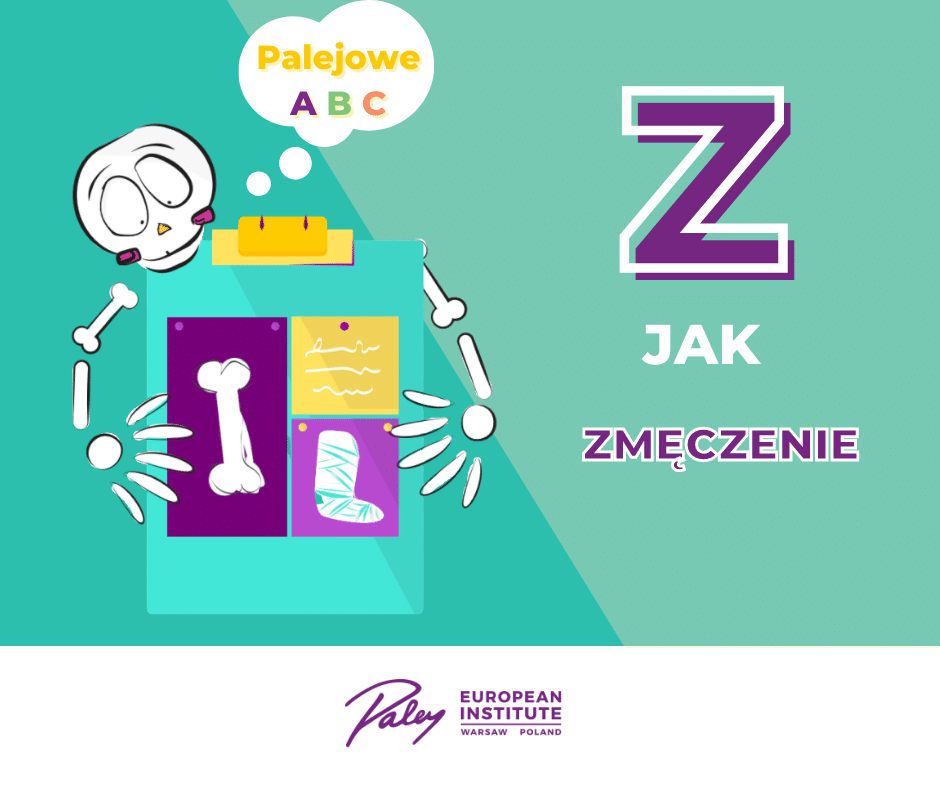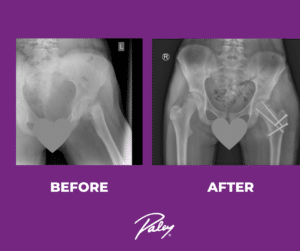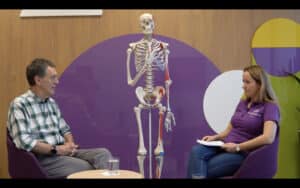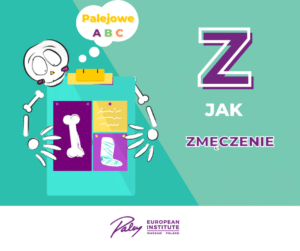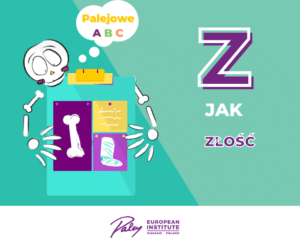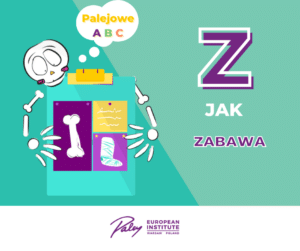The first years of a child’s life, raising a child with an illness or with developmental challenges are associated with tremendous physical and mental strain. A night’s rest is no longer sufficient for adequate regeneration. The more so as there may be simply not enough sleep or due to frequent awakenings the quality of sleep is not sufficient.
The fatigue we experience from time to time does not take away the joy of life or make it difficult for us to feel pleasant emotions. This may happen when fatigue is at its strongest, but after resting, we return to balance again. However, if you are overtired every day, unable to recover, and less motivated to do anything day after day, it is most likely not just fatigue anymore.
Exhaustion and feelings of being overwhelmed mostly affect the primary caregiver. Although fathers are taking on more and more childcare responsibilities every year, taking parental leave or parental leave, it is still mothers who are most likely to take on this role and are therefore at risk of chronic fatigue or parental burnout. Moreover, actively combining a work role with childcare increases the risk of exhaustion by as much as four times compared to parents who are active in the workforce but shy away from childcare. The Covid-19 pandemic and the associated work-from-home situation has prompted researchers from around the world to take a deeper look at this issue.
Whether we are in the midst of a pandemic or not, however, intensive care for a young person is simply difficult. Taking care of physiological needs, responding to crying, resolving conflicts, and running various more or less demanding errands takes a toll not only physically, but emotionally as well. Many of us often put our child’s needs above our own. There is nothing strange in this – being alone with the child we want to take care of it as well as possible and make sure that it develops properly. An infant or a small child is not able to take care of itself properly, so the burden of responsibility for meeting the child’s physiological and emotional needs rests on us. In the midst of all the responsibilities, it escapes us that we also have to take care of ourselves in order to better respond to the needs of our child. And if we are well aware that we are neglecting ourselves, we often simply lack the time, space and external support to take such action. Burnout is not only caused by stress, but also by a lack of resources to cope with it.
When, after a long day, you want to be alone and all you want is an hour of silence, peace and finally no one to touch you, it means that you know what you need and what helps you to regenerate. However, when the desire to escape from your life and the dream of cutting yourself off from the whole outside world intensifies, and in addition it becomes more and more difficult to take care of your child, because you simply do not have the strength and every duty evokes in you despair, a sense of helplessness and hopelessness, you probably experience burnout.
This is not where a bubble bath or a trip to the hairdresser’s will help. A weekend to yourself (if it happens at all) won’t solve the problem either, because months or years of overload can’t be alleviated by two slower days. What’s more, you may find it even more painful to return to everyday life because you will experience strongly how much rest you need and how much you miss it. So, if you’re at this point in your life, and the golden advice to get up before the baby so you can drink coffee in peace or read a book gives you white fever or makes you think “what’s wrong with me that this isn’t working for me” know that you’re fine, you’re just experiencing so much fatigue that no makeshift solutions simply have a chance to work. It’s like putting a Band-Aid on an extensive laceration. It won’t help.
In the case of burnout associated with parenting, another aspect comes to the surface that is not present in the case of job burnout. You can change your job, leave it, take a vacation. We are constantly with our child, and without the ability to share care between several people, adequate recovery is something that is difficult to do.
The chronic stress of parenthood leads to physical, mental and emotional exhaustion, which does not go unnoticed when caring for a child. A parent experiencing this condition may distance themselves from their child, become easily irritated and angry, and avoid affection towards their child, which is an essential part of normal development. Thoughts such as “I love my child, but I can’t stand to be around him or her anymore” can also surface, often followed by feelings of guilt, shame, and criticism of oneself for thinking such a thing in the first place.
What accompanies burnout is also a frequent sense of loss, isolation and misunderstanding. A parent who is the primary caregiver for a child often feels alone. It would seem that being with another human being day in and day out cannot be lonely. However, a relationship with a child is not the same as a relationship with another adult. Here we are focused on giving rather than receiving, which simply depletes our resources. To replenish them, we need the support and understanding of another adult. While taking care of a child we give a lot of ourselves, we follow him, we try our best to respond to his needs. We often have to guess what is going on, stay calm in the face of difficult emotions of the child and every day show him the world and teach him new things. At the same time, we cannot expect the child to take care of us, because that is not their role.
The gap between what kind of parents we are and what kind of parents we were or want to be increases suffering and creates shame. With increasing fatigue and burnout, this contrast becomes stronger and stronger, and breaking the vicious cycle becomes very difficult. We know how we would like to respond, but feeling trapped in a situation and having no prospects for improvement can lead to child neglect and aggressive behavior that we never wanted to happen and, on a rational level, we object to such reactions toward children.
Unfortunately, there are no quick fixes to help with chronic exhaustion or burnout. This is not to say that nothing can be done, however. However, it will take some time to come to balance. The first step you can take today towards feeling better is to do small acts of kindness to yourself on a daily basis. This may not be easy at first, because in addition to so many things to do, there may be a goblin in the form of reprimanding thoughts rumbling in your head that you failed again, yelled, spoke unkindly, did not hug… So why should you do something nice for yourself when there are so many things in you to change and improve? This is why.
A person who feels bad has no desire or strength to do better. He is firmly in his suffering and pain. But if you slowly make space for the fact that you may make mistakes, you may feel bad, you may not accomplish 100% of the things on your to-do list, you will increase the chance that you will feel a little better and have more desire to face everyday life. This will translate into more kindness and understanding towards your child and yourself.
Support from others also plays a big role in the healing process – both emotional and tangible in the form of actual relief from responsibilities. Asking for help or accepting it when someone offers it does not come easily to many people. However, what largely contributes to burnout is loneliness and the desire to carry everything on one’s shoulders. Sometimes you will need to implement medication from a psychiatrist or engage in psychotherapy. This is okay too, because it is an expression of taking care of yourself. It is worth taking advantage of this form of help.
Sources of knowledge and inspiration that led to this article:
- Broadway B., Mendez S., Moschion J. (2020) Behind closed doors: the surge in mental distress of parents
- Mikolajczak M. et al (2020) Is Parental Burnout Distinct From Job Burnout and Depressive Symptoms?, Clinical Psychological Science
- Meeussen L., Van Laar C. (2018) Feeling Pressure to Be a Perfect Mother Relates to Parental Burnout and Career Ambitions, Frontiers in Psychology
